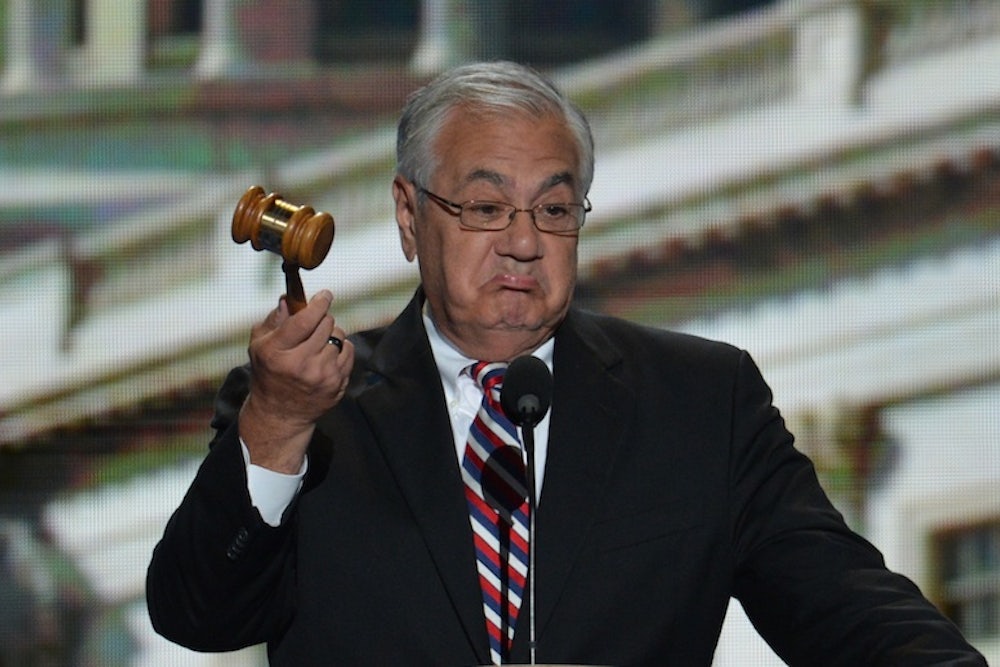In Politico Magazine, Jennifer Michael Hecht has an intriguing and heartfelt piece about whether we will see an atheist president of the United States anytime soon. She seems generally pessimistic, but in fact that are some surprising reasons for optimism.
Commenting on Barney Frank's admission that he is an atheist, Hecht writes, "We were left wondering why a man who served 16 terms in Congress and who bravely came out as gay all the way back in 1987 felt the need to hide his atheism until he was out of office. Was it really harder to come out as an atheist politician in 2013 than as a gay one 25 years ago?" Hecht then goes on to say that there are no open atheists in Congress, which is somewhat surprising (not one?), especially at a time where the percentage of nonbelievers is growing. Still, as Hecht points out, a much larger percentage of Americans say they would be more willing to vote for an African-American, a woman, a Jew, a gay man, and a lesbian than an atheist. The only argument Hecht makes that doesn't really add up relates to Frank: "I think very highly of Frank, but I wasn’t convinced when he told me he stayed silent about it because it wasn’t relevant to policy. Coming out as gay was no more relevant, but he did that." Okay, but one thing is very hard (and unpleasant) to hide, and the other can be hidden with no effort whatsoever. If both admissions have some political cost, only one also enables you to live a free life.
Hecht's broader skepticism is not unreasonable, but I think she might not be sanguine enough. For starters, Americans have consistently accepted things over the past 15 years that were once deemed unacceptable. In 1992, the media behaved as if the American people would greatly care whether their president had smoked pot. By 2000, it was clear that both presidential candidates had smoked pot (and Bush had quite obviously done other drugs), and no one seemed to mind. By 2008, no one (minus Mark Penn) paid much attention to the fact that an untested politician had admitted in his book to doing cocaine. That same politician managed to do the once-considered-impossible by getting elected president despite the fact that his middle name was Hussein and he had a black African father.
A Gallup poll from 2012, meanwhile, showed that only 34 percent of Americans know Barack Obama's religion. (Some people think he is Muslim; others are not sure.) If that's the case—and there has been a lot of coverage of the president's faith—isn't it at least possible that an atheist could be elected? I agree that there will be challenges, and while it wouldn't be smart to go after someone directly for their atheism, perhaps "values-based" attacks would have more currency. Moreover, I think this imaginary atheist politician would have to be someone well established—someone the American people felt comfortable with. But if, say, John McCain or Hillary Clinton announced that while they respected Christianity and faith, they no longer believed in God, well, I think they could still get elected. (Winning a Republican primary would be the problem for McCain.) And remember, despite my caveat about the politician having to be well-known and not at all mysterious, it was also assumed that the first black president would be someone "proven" like Colin Powell. Five years before his election, Barack Obama was virtually unknown.
All this isn't to say we will elect an atheist in 2016 or 2020, in part because, as I wrote above, there isn't much advantage to "coming out." But I do think that when the moment arises, the American people will show themselves to be surprisingly open-minded.
